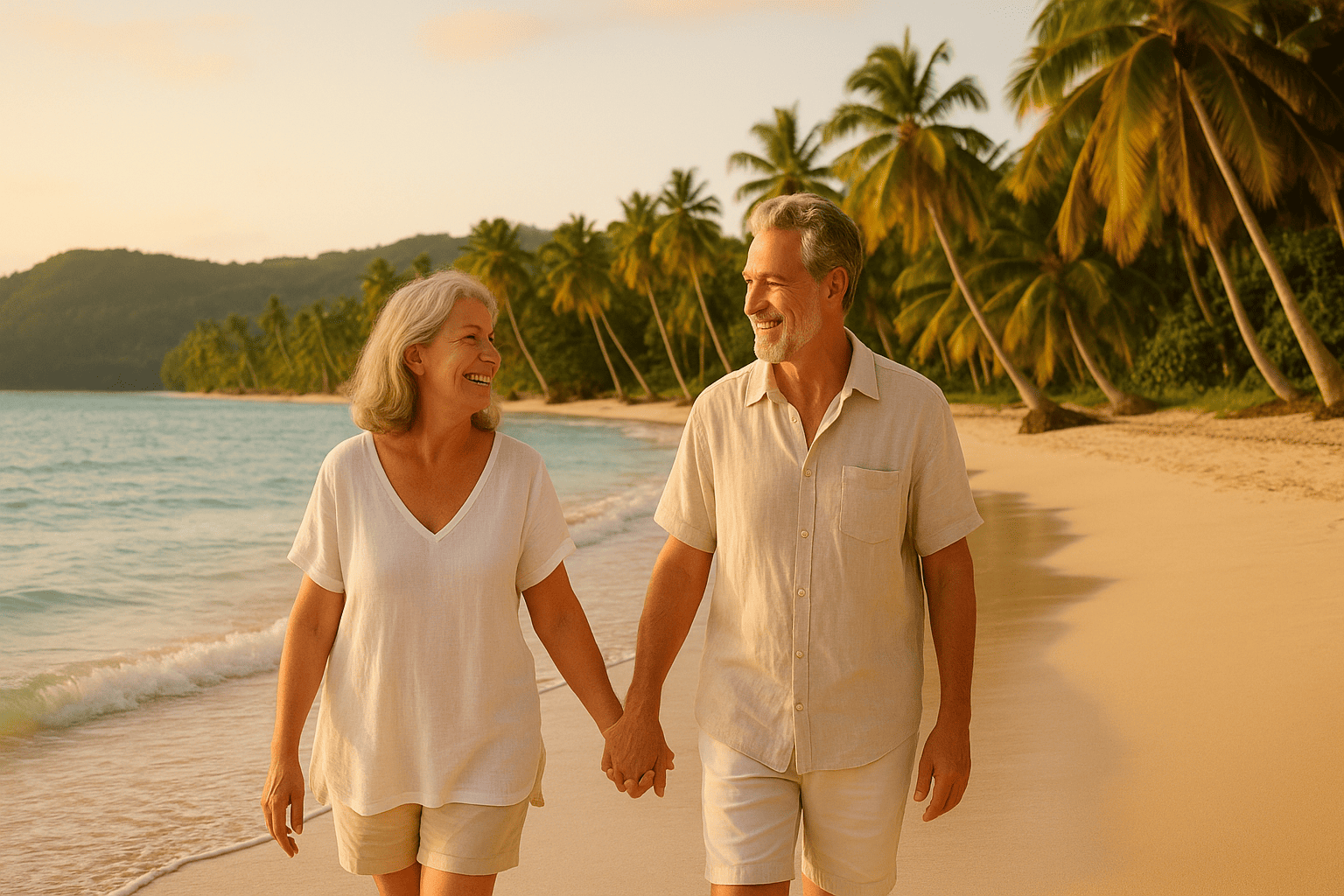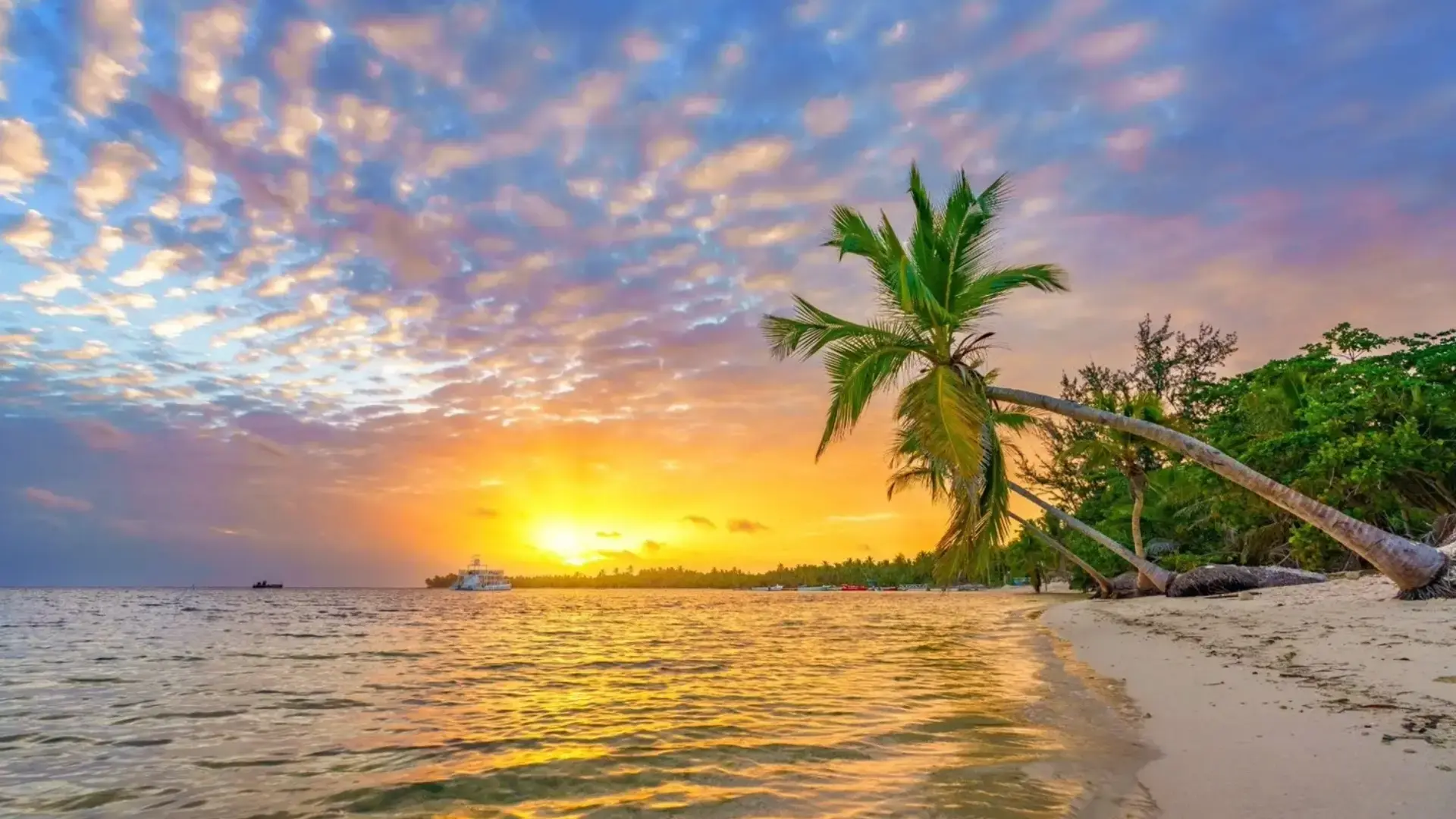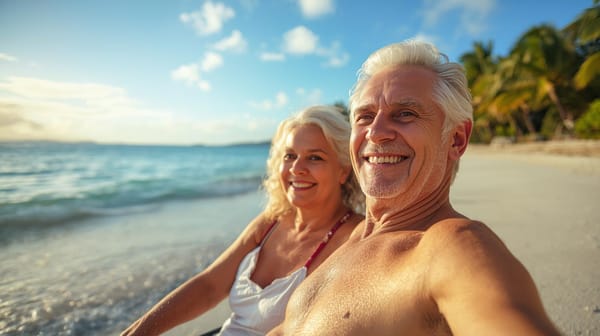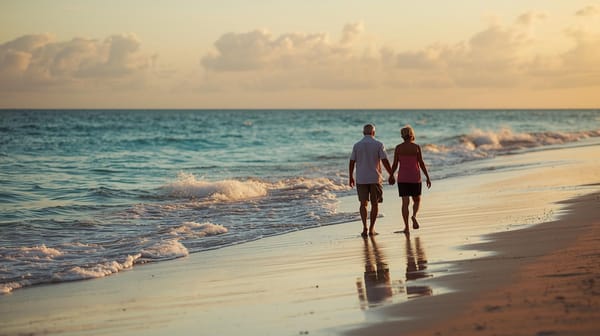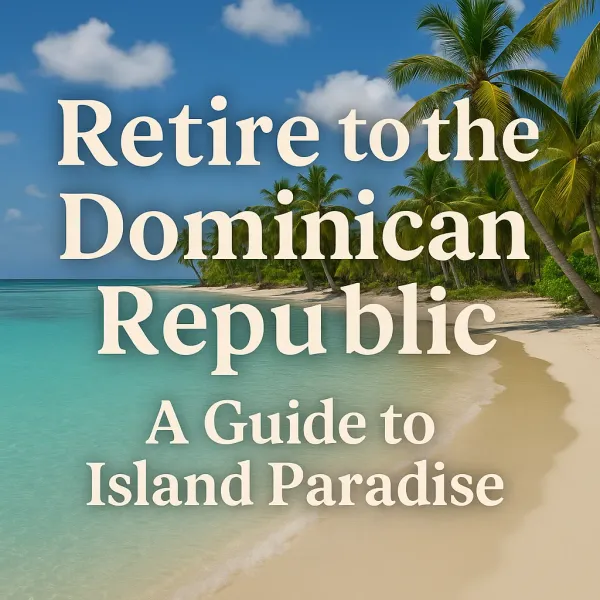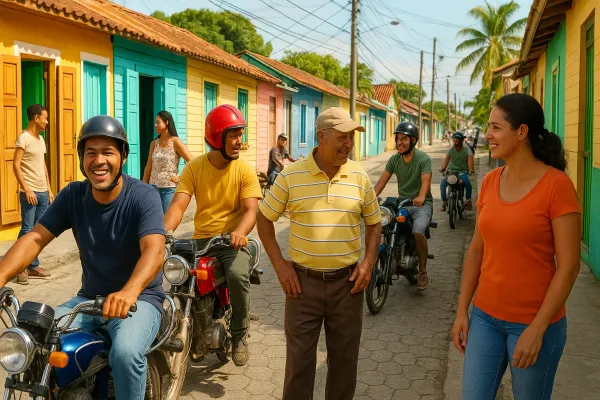To Buy or Rent? A Retiree's Guide to Real Estate in the Dominican Republic.
The choice to rent or buy a home in the Dominican Republic depends heavily on your lifestyle and budget. Renting offers flexibility, with prices for a 2-bedroom condo from $400-$800/month. Buying is a long-term investment, with prices from $100K-$150K.
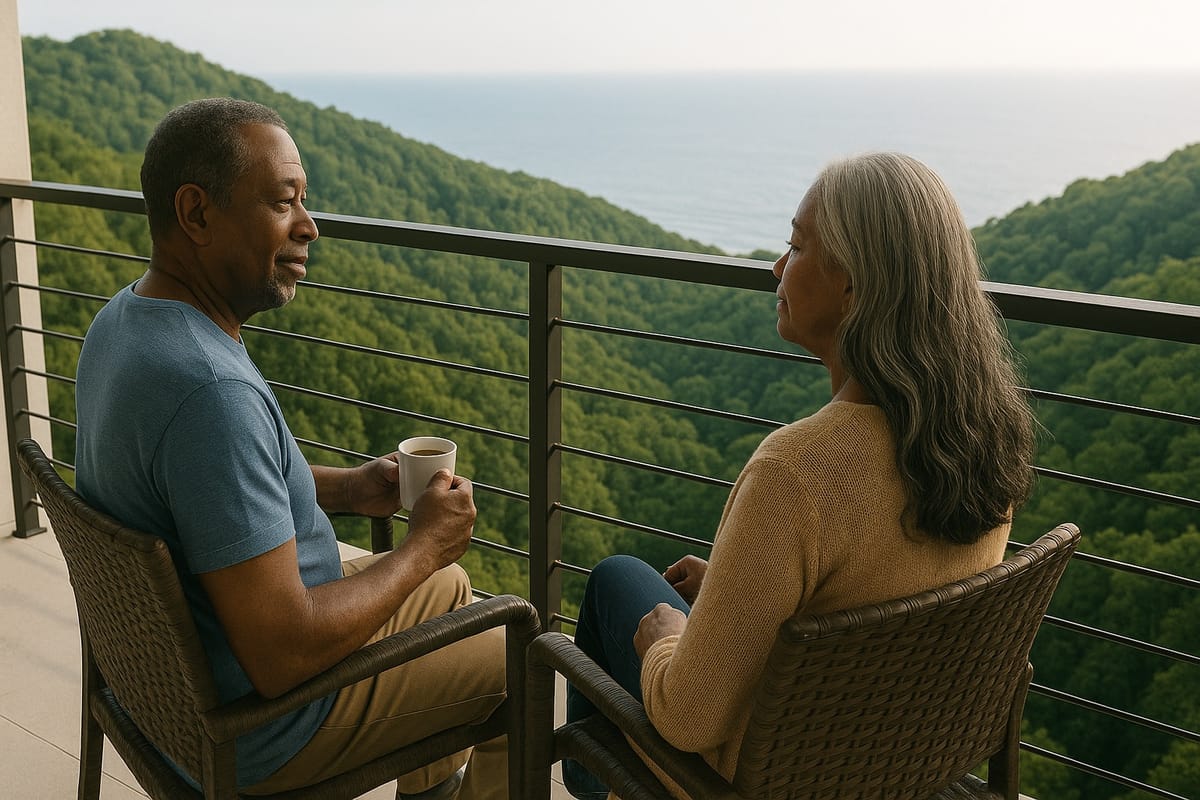
The Dominican Republic (DR) has emerged as a top destination for North American and European retirees seeking an affordable, beautiful, and vibrant retirement. Once you've chosen your ideal location—be it the tranquil mountains of Jarabacoa or the bustling beaches of Punta Cana—the next big question is: should you rent or buy your home? This guide will help you navigate this critical decision by examining the real estate landscape in several popular expat areas.
The Case for Renting: Flexibility and Lower Upfront Costs
Renting is an excellent option for retirees who want to test the waters before committing to a permanent location. It offers unparalleled flexibility and keeps your initial financial investment low. This is particularly useful if you are still exploring different regions of the DR, such as the laid-back charm of Las Terrenas or the luxury resort life of Casa de Campo.
- Cost of Living: In many parts of the DR, rent is a major part of the monthly budget. For instance, a 2-bedroom apartment in a safe area of Punta Cana can cost between $800 and $1,200 per month. In smaller towns like Bayahibe, that drops to around $600. Meanwhile, luxury rentals in exclusive communities like Casa de Campo can start at around $2,000 to $3,000 per month.
- Property Types: Renting allows you to experience a variety of housing styles without the long-term commitment. You can try a modern condominium with ocean views in Cap Cana, a spacious villa in a gated community in Juan Dolio, or a cozy mountain cabin in Jarabacoa.
- Trial Period: Renting for a year or two lets you get a feel for the local community, infrastructure, and seasonal changes. This helps you decide if a location is the right long-term fit for your retirement lifestyle.
The Case for Buying: Investment and Stability
For retirees who are confident in their chosen location, buying a property can be a smart long-term investment. The DR offers some of the best real estate values in the Caribbean, and owning a home provides a sense of stability and permanence.
- Purchase Prices: Property prices vary widely depending on the location and type of home.
- Punta Cana: A 2-bedroom condo in a desirable area averages $150,000 to $250,000.
- Las Terrenas: Furnished 2-bedroom condos can start under $90,000, while a 3-bedroom villa might be around $200,000 to $250,000.
- Juan Dolio: A standard 2-bedroom condo ranges from about $120,000 to $250,000.
- Cabrera: This luxury-focused area has 2-bedroom ocean-view condos listed for around $159,000.
- Cap Cana: Prices are higher, with smaller 2-bedroom condos starting around $200,000 to $300,000.
- Jarabacoa: Mountain homes are a bargain, with a 3-bedroom villa or house typically costing around $100,000 to $250,000.
- Retiree Benefits: The DR offers special incentives for retirees, including an exemption on property taxes for one owned home for individuals aged 65 and over (Law 171-07). This is a nice bonus for full-time residents.
- Resale and Rental Potential: Many properties, especially in tourist-heavy areas like Punta Cana, can be rented out for short-term stays, providing a potential income stream when you are not there.
Key Considerations for Both Renters and Buyers
Regardless of your choice, a few factors are crucial for a successful retirement in the DR.
- Healthcare: Expats universally recommend having private health insurance, as Medicare and similar plans are not accepted. Local plans are affordable, but many retirees opt for international insurance for broader coverage and peace of mind.
- Infrastructure and Security: Many retirees prioritize living in a gated community, which offers an extra layer of security, well-maintained roads, and reliable utilities like electricity and high-speed internet. In places like Playa Nueva Romana, 24/7 security is a major draw.
- Language and Culture: While English is common in tourist areas, a willingness to learn basic Spanish will greatly enhance your experience and help with daily life, from shopping to dealing with local service providers.
The Verdict: Rent or Buy?
The choice ultimately depends on your personal financial situation and lifestyle goals.
- Rent if... You are new to the DR and want to explore different regions. You prefer a lower financial commitment and the flexibility to move easily. You don't want the hassle of property maintenance or local bureaucracy.
- Buy if... You have found your perfect location and are ready to settle down. You see your retirement home as a long-term investment. You can afford the upfront costs and want the potential for rental income.
No matter which path you choose, a little research and preparation will set you up for a smooth and enjoyable retirement in the Caribbean paradise of the Dominican Republic.
